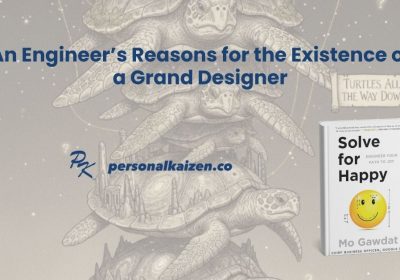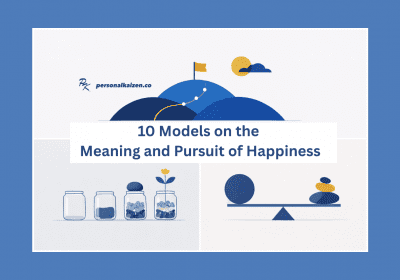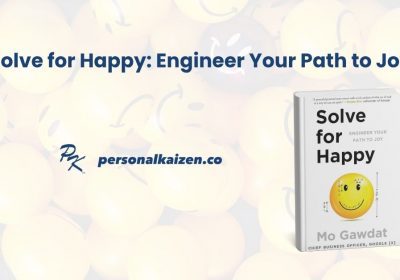We recently came across a popular new TED Talk by Charles Duhigg titled, The science behind dramatically better conversations. Duhigg’s lesson about the three types of conversations, and knowing which one you are in, has been useful to me in my personal relationships. Read our summary, watch his talk, and become a supercommunicator!
Charles Duhigg’s TED Talk

Charles Duhigg is a Pulitzer-Prize winning reporter and bestselling author. We’ve reviewed some of Duhigg’s books previously, including The Power of Habit and Smarter, Faster, Better: The Secrets of Being Productive. I haven’t read his newest book, Supercommunicators: How to Unlock the Secret Language of Connection, but I’m guessing it is a good resource for learning more on the topic of his TED talk!
Below is Duhigg’s recent TED talk, The science behind dramatically better conversations.
The Science Behind Dramatically Better Conversations
Here are our takeaways from Duhigg’s TED Talk.
1. You become a supercommunicator by first knowing what type of conversation you are in. There are three primary types of conversations:
- Practical conversations: What is this really about? How can I help?
- Emotional conversations: How do you feel? The speaker may just need to unload or get something off their chest. They just need you to emphasize.
- Social conversations: Who are we? How do we relate to each other and society?
Everyone in the conversation needs to be having the same type of conversation.
2. You can connect emotionally with others by asking deeper, emotional questions. As we teach in our My Leadership Program™ training program, people don’t care about what you think until they know you care.
How I Have Become a Better Communicator

I finally learned how important it is to figure out the type of conversation I am in when talking to my spouse of over 25 years. She began explaining her day to me in an emotional conversation. I asked questions about the situation and started providing her with advice. I was having a practical conversation. Luckily, she told me, “I don’t need your advice, I just need you to listen!”
Now, I try to begin by asking her what kind of conversation we are having. This let’s me understand her needs and keeps us in the same conversation. In a practical conversation, you offer help. With an emotional conversation, you listen and reciprocate emotionally. With a social conversation, you reciprocate vulnerability.
Summary
Please let us know if this TED Talk or our summary helps you. What else have you learned that helps you to have dramatically better conversations and become a supercommunicator? Leave your comments below.




